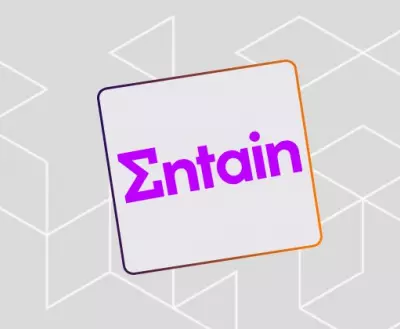The UK has been a liberal gambling market for decades, and since 2007, one of the most open markets in the world for operators to legally offer their services. The then Labour government presided over a relaxation of gambling advertising laws, a factor which some say has been instrumental in the gambling industry’s success story in the UK. But now it appears the political climate is changing – at least in some quarters – in favour of a much more restrictive approach.
The last two or three months have seen a ratcheting up of anti-gambling rhetoric, seemingly sparked by Labour’s deputy leader Tom Watson comparing gambling to the health problems caused by smoking – a hyperbole that some commentators have deemed ‘laughable’. This has been accompanied by long editorials in certain media espousing the ills of an open gambling market, and more air time given to political voices who seem to specifically target legitimate gambling operators in a bid to ultimately win votes.
Whether it’s a vote winner or not remains in the balance. But what’s not in doubt is the effect these growing voices are having on the industry in the UK. The latest development comes in the form of a joint letter from a range of authorities and bodies, advising gambling operators to review their marketing for ‘unacceptable’ material.
Specifically, the letter highlighted content that was deemed ‘friendly’ to under-18s, regardless of the fact that legitimate gambling operators go to some lengths to uphold the laws around underage gambling. Even where that marketing content does not promote real money play, operators have been effectively told to shape up or face the consequences.
The letter was published jointly by the Gambling Commission, which is the UK’s central regulator for gambling operators, alongside the Advertising Standards Authority, the Remote Gambling Association and the Committee of Advertising Practice.
The threatening letter was seemingly sparked by reports in the Sunday Times, which found some slots games with themes based on what are perceived as child-friendly characters – the likes of Jack and the Beanstalk and Peter Pan being amongst the most prominent examples used.
The laws and regulations in the UK are quite clear when it comes to marketing to children, and unsurprisingly, most legitimate gambling operators are well aware of their responsibilities in compliance. While content of this kind of course features throughout slots titles, suggesting it in any way promotes gambling to children has been seen by many in the industry as a dubious conclusion.
All UK licensees are obliged as a term of their licence to have measures in place to verify the age of their players. Logic would dictate that these same operators wouldn’t then undermine their own efforts by expending resources targeting children – let alone, the moral and legal objections to targeting under 18s.
Nevertheless, the letter will no doubt be received and acted upon by gambling operators, ever keen to ensure they operate within the established legal framework in each country they operate in.
While some anti-gambling voices in the UK media have hailed the letter as a victory, claiming it will lead to the removal of all games based on cartoon or vaguely popular cultural themes, the actual text of the letter stops far, far short. Instead, it suggests operators review ‘ads’ and ‘marketing materials’, rather than the games themselves.
However, the development is no doubt worrying for operators in the UK, especially as it marks a continuation of a fashionable anti-gambling attitude in the UK. While there is no evidence of broad public support for any further restrictions on gambling, it will surely be small comfort to operators who feel a tightening of controls on regulation.
But the real dangers for operators lie in the feeling that the regulatory framework is flexible, bending to suit the agenda of vocal opponents in the media, rather than responding to any actual policy challenge.








